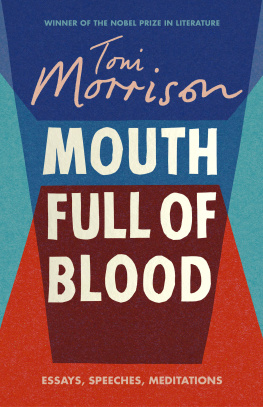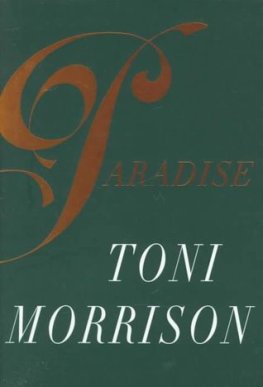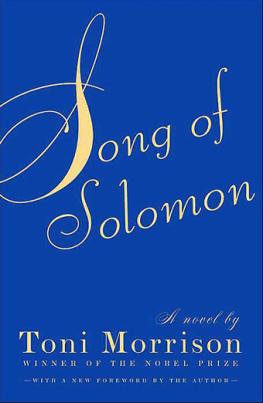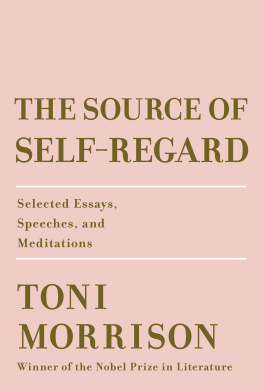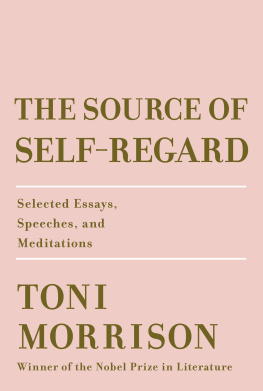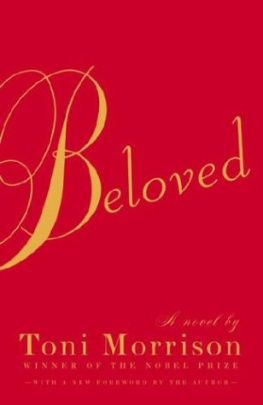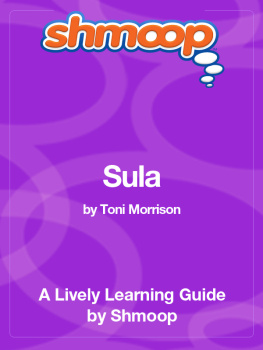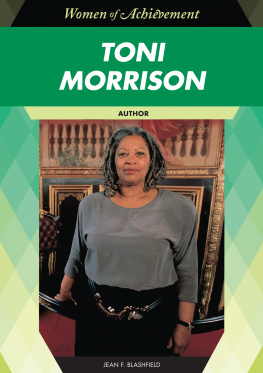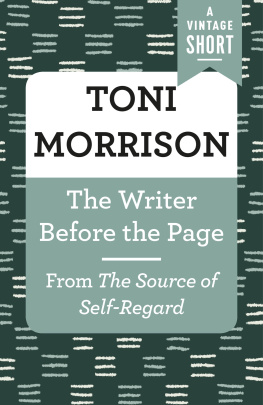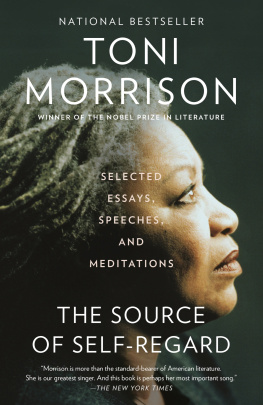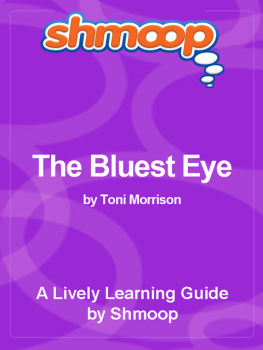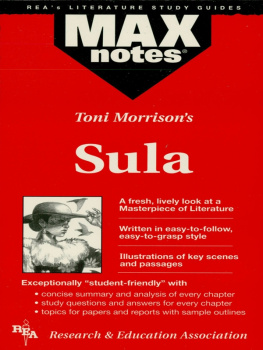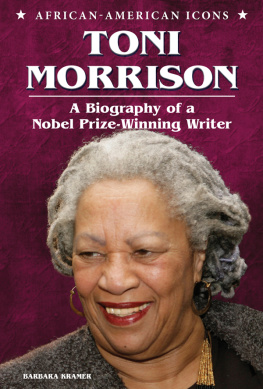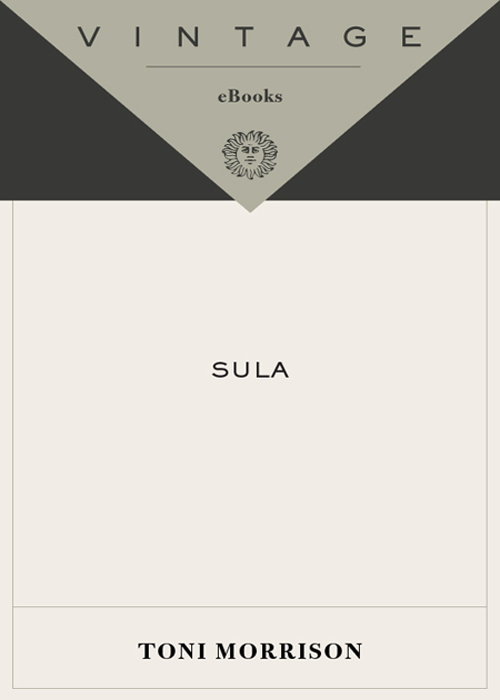
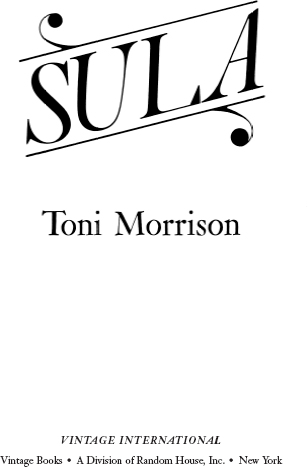
Contents
It is sheer good fortune to miss
somebody long before they leave you.
This book is for Ford and Slade, whom
I miss although they have not left me.
Nobody knew my rose of the world
but me. I had too much glory.
They dont want glory like that
in nobodys heart.
The Rose Tattoo
FOREWORD
In the fifties, when I was a student, the embarrassment of being called a politically minded writer was so acute, the fear of critical derision for channeling ones creativity toward the state of social affairs so profound, it made me wonder: Why the panic? The flight from any accusation of revealing an awareness of the political world in ones fiction turned my attention to the source of the panic and the means by which writers sought to ease it. What could be so bad about being socially astute, politically aware in literature? Conventional wisdom agrees that political fiction is not art; that such work is less likely to have aesthetic value because politicsall politicsis agenda and therefore its presence taints aesthetic production.
That wisdom, which seems to have been unavailable to Chaucer, or Dante, or Catullus, or Sophocles, or Shakespeare, or Dickens, is still with us, and, in 1969 it placed an inordinate burden on African American writers. Whether they were wholly uninterested in politics of any sort, or whether they were politically inclined, aware, or aggressive, the fact of their race or the race of their characters doomed them to a political-only analysis of their worth. If Phillis Wheatley wrote The sky is blue, the critical question was what could blue sky mean to a black slave woman? If Jean Toomer wrote The iron is hot, the question was how accurately or poorly he expressed chains of servitude. This burden rested not only on the critics, but also on the reader. How does a reader of any race situate herself or himself in order to approach the world of a black writer? Wont there always be apprehension about what may be revealed, exposed about the reader?
In 1970, when I began writing Sula, I had already had the depressing experience of reading commentary on my first novel, The Bluest Eye, by both black and white reviewers thatwith two exceptionshad little merit since the evaluation ignored precisely the aesthetics only criteria it championed. If the novel was good, it was because it was faithful to a certain kind of politics; if it was bad, it was because it was faithless to them. The judgment was based on whether Black people areor are notlike this. This time out, I returned the compliment and ignored the shallowness of such views and, again, rooted the narrative in a landscape already tainted by the fact that it existed. Only a few people would be interested, I thought, in any wider approachfewer than the tiny percentage of the fifteen hundred who had bought the first book. But the act of writing was too personally important for me to abandon it just because the prospects of my being taken seriously were bleak. It may be difficult now to imagine how it felt to be seen as a problem to be solved rather than a writer to be read. James Baldwin, Ralph Ellison, Richard Wright, Zora Neale Hurstonall had been called upon to write an essay addressing the problem of being a Negro writer. In that no-win situationinauthentic, even irresponsible, to those looking for a politically representative canvas; marginalized by those assessing value by how moral the characters weremy only option was fidelity to my own sensibility. Further exploration of my own interests, questions, challenges. And since my sensibility was highly political and passionately aesthetic, it would unapologetically inform the work I did. I refused to explain, or even acknowledge, the problem as anything other than an artistic one. Other questions mattered more. What is friendship between women when unmediated by men? What choices are available to black women outside their own societys approval? What are the risks of individualism in a determinedly individualistic, yet racially uniform and socially static, community?
Female freedom always means sexual freedom, even whenespecially whenit is seen through the prism of economic freedom. The sexual freedom of Hannah Peach was my entrance into the story, constructed from shreds of memory about the way local women regarded a certain kind of femaleenvy coupled with amused approbation. Against her fairly modest claims to personal liberty are placed conventional and anarchic ones: Evas physical sacrifice for economic freedom; Nels accommodation to the protection marriage promises; Sulas resistance to either sacrifice or accommodation. Hannahs claims are acceptable in her neighborhood because they are nonfinancial and nonthreatening; she does not disturb or deplete family resources. Because her dependence is on another woman, Eva, who has both money and authority, she is not competitive. But Sula, although she does nothing so horrendous as what Eva does, is seen by the townspeople as not just competitive, but devouring, evil. Nel, with the most minimal demands, is seen as the muted standard.
Hannah, Nel, Eva, Sula were points of a crosseach one a choice for characters bound by gender and race. The nexus of that cross would be a merging of responsibility and liberty difficult to reach, a battle among women who are understood to be least able to win it. Wrapped around the arms of that cross were wires of other kinds of battlesthe veteran, the orphans, the husband, the laborers, confined to a village by the same forces that mandated the struggle. And the only possible triumph was that of the imagination.
The job, of course, was summoning those perceptions in language that could express them. Sula stretched my attempts to manipulate language, to work credibly and, perhaps, elegantly with a discredited vocabulary. To use folk language, vernacular in a manner neither exotic nor comic, neither minstrelized nor microscopically analyzed. I wanted to redirect, reinvent the political, cultural, and artistic judgments saved for African American writers.
I was living in Queens while I wrote Sula, commuting to Manhattan to an office job, leaving my children to child-minders and the public school in the fall and winter, to my parents in the summer, and was so strapped for money that the condition moved from debilitating stress to hilarity. Every rent payment was an event; every shopping trip a triumph of caution over the reckless purchase of a staple. The best news was that this was the condition of every other single/separated female parent I knew. The things we traded! Time, food, money, clothes, laughter, memoryand daring. Daring especially, because in the late sixties, with so many dead, detained, or silenced, there could be no turning back simply because there was no back back there. Cut adrift, so to speak, we found it possible to think up things, try things, explore. Use what was known and tried and investigate what was not. Write a play, form a theater company, design clothes, write fiction unencumbered by other peoples expectations. Nobody was minding us, so we minded ourselves. In that atmosphere of What would you be doing or thinking if there was no gaze or hand to stop you? I began to think about just what that kind of license would have been like for us black women forty years earlier. We were being encouraged to think of ourselves as our own salvation, to be our own best friends. What could that mean in 1969 that it had not meant in the 1920s? The image of the woman who was both envied and cautioned against came to mind.
Next page

